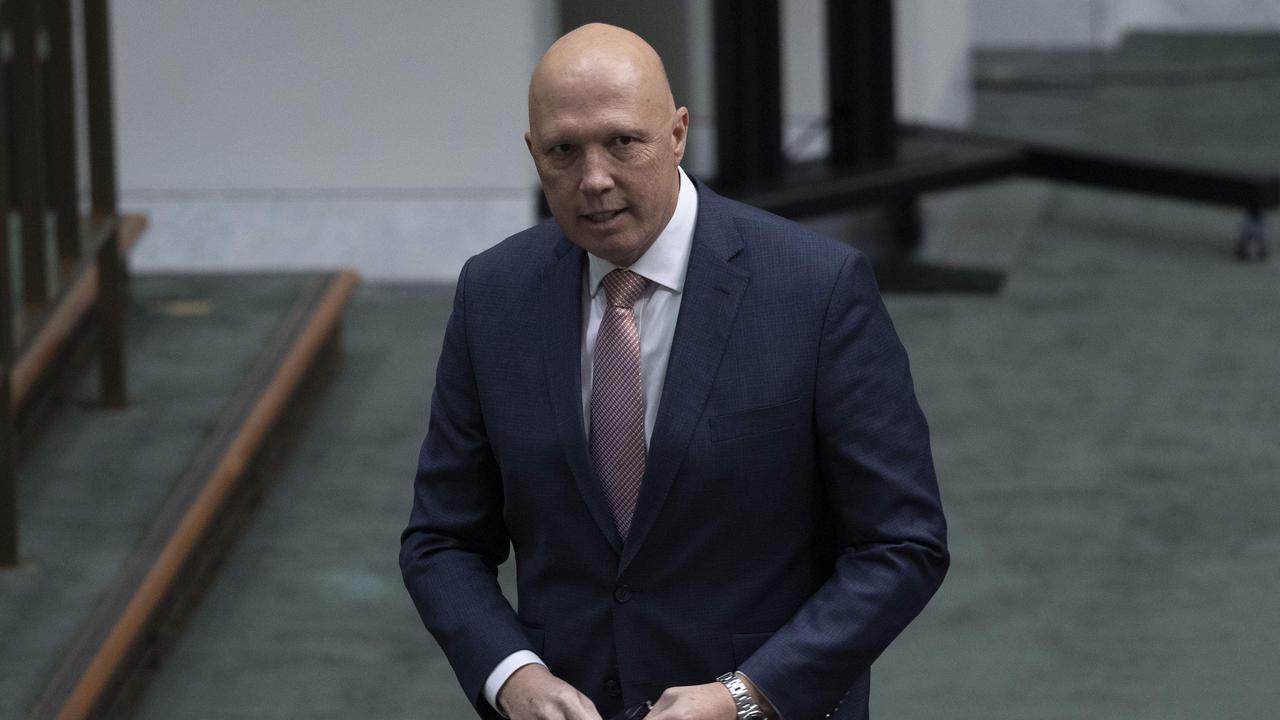Bleak cultural landscape leaves Liberal Party struggling
The result in the Victorian election – when the Liberals went backwards against a government seeking a third term – underlines the parlous condition of the party in the Australian political landscape.
It is true that across Australian political history both major parties have had cycles of boom and bust, but there are changes in the political environment and in society more generally that raise the question of whether the Liberals can continue in their historical role as one-half of a two-party system.
The Liberals are out of office in seven of the nine polities in Australia, the two exceptions being NSW, where they face a very difficult election in March next year, and Tasmania, where they have a majority of one seat in the Legislative Assembly.
Even more sobering is that in all of those seven jurisdictions Labor has a comfortable, or in some cases substantial, parliamentary majority in the lower houses. It is hard to see the Liberals regaining power at the next election in any of these seven cases.
Even if the elections that produced these Labor governments had been close – which they were not – this would not have helped the Liberals because they need to win a parliamentary majority in any lower house in their own right. If they do not, any Greens elected and almost any independent will support Labor forming a minority government.
Needless to say the Liberals have no realistic prospect of obtaining a majority at the federal level in the Senate or in any of the five state upper houses – Queensland and the territories do not have an upper house. The same usually can be said about Labor, but in the Senate and generally at the state level Labor is normally able to rely on the Greens and most independents in these chambers to support the bulk of its legislative proposals.
On the financial side, the Liberals generally are outspent by Labor and by the teals in the seats that those independents contest. Labor obviously can rely on the union movement for large-scale donations but the Liberals find the business community less reliable than it once was, given that the boards of many large corporations now are so concerned to project a politically correct image that they try to avoid the financial commitments they once would have made to the Liberals.
Even between elections the unions maintain, as is their function, a full-blooded campaign in support of Labor, whether it is in government or opposition, while business groups keep a much lower profile.
Demography is moving against the Liberals in several electoral groups. This is particularly true among young people, who often are attracted to the Greens, having no fear of their irrational economic policies because they have never experienced anything other than continuing periods of stable economic growth and assume this cannot ever be disrupted.
Moreover, they have grown up in a society where many members of the community assume the solution to every social problem is substantial government funding but appear to make no connection between a government’s revenue and its expenditure so that it is accepted without contest that there can be increased public spending without any increase in taxation.
The Liberals were once known as the party of economic responsibility but that has little electoral value in today’s political climate and, in any event, when in government the Liberals themselves have presided over ever-increasing government expenditure.
Another group where the Liberal vote declined significantly is among university graduates. This perhaps is not surprising considering the implacable hostility of almost all university staff to the Liberals and the political correctness that is now an article of faith in tertiary educations.
To all this can be added the fact that the Liberals have comprehensively lost the culture wars. They are the subject of contempt in schools and universities, by most of the media, particularly the ABC, and at artistic and literary festivals. And, as already observed, even in many corporate boardrooms they are viewed with disdain. These views are not necessarily reflected in the general community but they are widely publicised and inevitably have taken some toll in the electorate.
In the 1950s and the ’60s the Liberals were the respectable party of the establishment and Labor the slightly disreputable alternative. Now, however, that most public and many private institutions have reversed their support from those years, it is the Liberals who are unfashionable.
The Liberals can – and probably will – win elections during the next decade but it may be that Australian politics is moving to a situation where this is a relatively rare occurrence and the norm is Labor-Green-teal administrations. Food for thought in Liberal think tanks when they are not struggling to get funds from a reluctant business community.

No comments:
Post a Comment